A short guide to maximising foodgrade lubrication performance and value for money
Activate Lubricants are privileged to work with many skilled and experienced engineers who understand the risks and challenges associated with the use of machine lubricants in the food production environment.
However, we are increasingly seeing buyers who have no tribological background, or even a basic understanding of lubrication, being given the unenviable task of having to attempt to rationalise and simplify products to save costs.
This short guide has been written to help you avoid inadvertently stripping value out of lubrication and focus on securing a compliant, optimised and cost-effective foodgrade solution.
Contact us to arrange a free GAP analysis for your food production site >
Tip 1 - Compare apples to apples
The first challenge is due to the variety of base oils used in the manufacture of foodgrade lubricants. These split into a number of categories and range from Group 2 Base Oils which are a basic foodgrade medicinal white oil and cost around £600 per tonne, right up to Group 4 synthetic PAO’s at £4000 per tonne and then specialist group 5 base oils, including silicones, synthetic esters and glycols that can cost up to £7000 per tonne.
Not only do the higher grades perform better than the more basic ones but, based on our experience and industry-accepted tests, they also last 10 times longer.
Tip 2 - Look at ‘value’, not ‘cost’
Over the years, we have witnessed first-hand many catastrophic failures as a direct result of products being swapped out for ‘cheaper’ alternatives that do not have the capability to effectively lubricate components.
When you consider that the lubrication cost within an engineering budget is typically well below 1%, it is foolhardy to take these risks. Most food manufacturers push their equipment at least to the OEM’s limit and often well beyond. It therefore makes sound commercial and engineering sense to provide the equipment with best possible lubrication protection in this situation.
Many food manufacturers list failures to rotating equipment in their top 5 breakdowns. Motors, bearings, gearboxes, pumps and fans.
Tip 3 - Don’t forget greases and aerosols
Rationalising and cross-referencing greases is even more complex than fluids. The base oil makes up typically 80-90% of a grease, the rest is made up of grease soaps. Some grease soaps are not compatible with other soaps and some base oils are not compatible with each other; some base oils might cost £600 per tonne and some might cost £4000 per tonne. It is very easy to focus on price without understanding the total cost of ownership and potential commercial harm caused by the use of an inferior or incompatible product.
Aerosols are also a challenge because, once again, the base oil could be a basic white oil at £600 per tonne or a fully synthetic Group 4 at £4000 per tonne. In addition to this, whilst the aerosol may state it contains 400ml, this includes a mixture of base oil, solvent, and propellent. Without knowing the composition of these actual ingredients, it is impossible to cross-reference different brands.
The true value and total cost of ownership is often lost in an attempt to ‘save money’.
Tip 4 - Know your limits when cross-referencing
We are often asked to produce Cross Reference Guides to assist companies when changing over from one brand to another. To do this effectively without introducing any risks in the process, buyers need a deep understanding of tribology, best practise lubrication techniques and compliance, legal and audit requirements, along with many years’ experience in the practical field.
Points that have to be given due consideration include speed, load, temperature range, historic challenges, performance issues, methods of application, washdown procedure, resistance to chemicals, polymer types, oil types, and compatibility.
It’s all about identifying best performance and value to ensure maximum efficiency and protect against downtime.
Tip 5 - Choose your lubrication partner wisely
It is absolutely critical that your lubrication partner can demonstrate a thorough understanding and expertise in all areas in order to safely transition your site to a single source and guarantee audit compliance.
Application knowledge is the most important factor. Not only should a potential partner perform an on-site evaluation to determine the optimum lubrication requirements for your specific production processes, but they should also be able to produce technical rationale for any recommendations made. We would particularly expect to see the cross-referencing of existing lubricants and lubrication practices with regard to improved performance, inventory rationalisation and overall value.
Moreover, a valuable lubrication partner should prioritise performance of the entire lubrication culture, from supply sustainability, through ordered, compliant storage solutions, to high performance, best-for-application lubricants that maximise asset life and production efficiency. The ongoing support level should be high, and offer the adaptability and pro-active input required to ensure the continuous improvement of your lubrication culture as you grow.
Activate Lubricants is a family business with over 30 years’ experience in the development and science behind food grade lubrication, and a customer base spanning the food, pharmaceutical, cosmetics and food packaging industries. We are trusted lubrication partners to over 60% of the UK’s top 50 food groups. Our team’s unrivalled knowledge of tribology and real-world application has enabled us to offer a unique, science-based approach to deliver tangible solutions and guaranteed audit compliance.
Contact us to arrange a free GAP analysis for your food production site >









